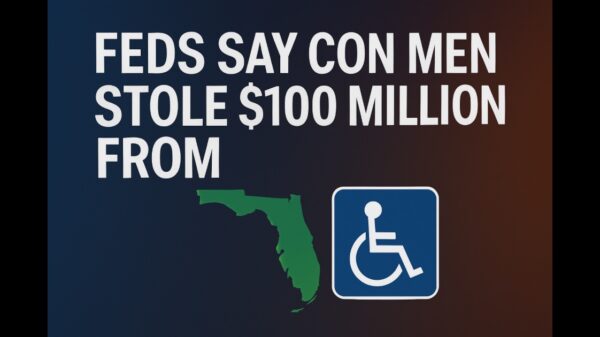A new phishing scam is targeting drivers nationwide by impersonating state Departments of Motor Vehicles (DMVs), warning recipients about fake unpaid traffic tickets in an attempt to steal personal and financial information.
Following a recent wave of toll-related fraud, this scam involves urgent text messages claiming to be a “final notice” from the DMV. The messages threaten severe penalties—such as vehicle registration suspension, prosecution, credit damage, and added fees—if the recipient fails to pay the supposed ticket immediately.
The texts include a link to “pay now,” often featuring a domain that appears official, sometimes even including “.gov” to enhance credibility. However, authorities warn that clicking the link and submitting any personal data may expose sensitive information to scammers.
One consumer report submitted to the Better Business Bureau (BBB) Scam Tracker described receiving a message that read:
“Department of Motor Vehicles (DMV) Final Notice: Enforcement penalties begin on June 3. Our records show that as of today, you still have an outstanding traffic ticket… You may be prosecuted, and your credit score will be affected. Pay Now…”
How to Protect Yourself
Verify Directly With Authorities
Do not trust links or phone numbers in unsolicited messages. Instead, check with your local police department or visit your state’s official DMV website to confirm any outstanding violations.
Look for Red Flags
Be cautious of unexpected messages, especially those from unfamiliar area codes or containing urgent language. The BBB offers resources to help identify scam warning signs.
Don’t Click Suspicious Links
Even links that appear legitimate can lead to fraudulent sites. Always type the agency’s website address directly into your browser.
Report and Delete Suspicious Messages
Most smartphones allow you to block and report suspicious numbers. After reporting, delete the message to avoid accidental clicks.
Safeguard Personal Information
Never provide your Social Security number, birthdate, or financial details in response to unsolicited texts. These scams are designed to gather sensitive data for fraudulent use.
Officials urge anyone who receives such messages to remain vigilant and help spread awareness to prevent others from falling victim.



















